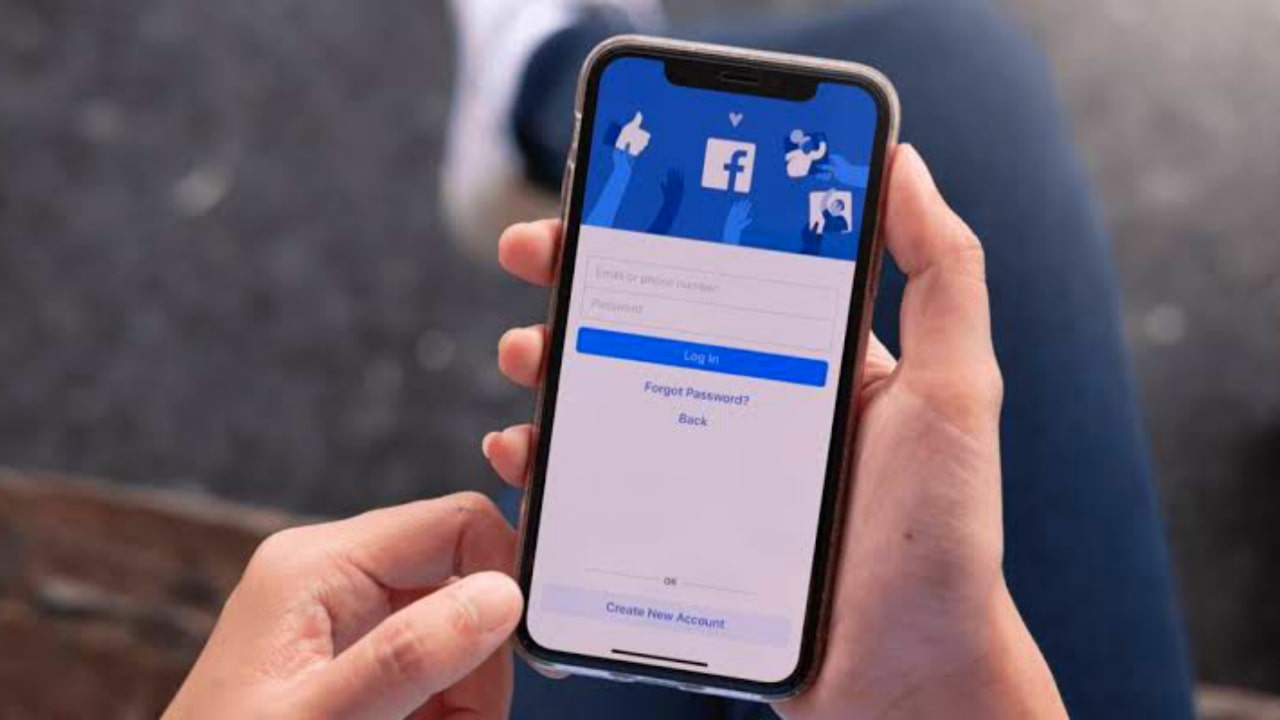 |
| Image Credit: Google |
Facebook vs. Apple: Here's what you need to know about their privacy dispute
A privacy change in the software that powers Apple's popular iPhone is the real thing that encouraged the war of words in Silicon Valley.
The iPhone maker will roll out an update to its iOS 14 operating system in the next few months that will ask you to allow apps to track other apps and their activity across the web. This change may seem small. Lots of apps already track our web activity by default settings when we install them.
Facebook, however, is raising eyebrows about this change, which is its annual revenue. Threatens 86$ billion in advertising. The social network has run a month-long campaign against Apple, running full-page ads in national newspapers to encourage users to adopt its tracking and checking for pop-ups inside the Facebook app. It has also been alleged that Apple's changes are designed to support the iPhone maker's own business rather than protecting customer privacy.
Facebook CEO Mark Zuckerberg said during the company's fourth-quarter earnings call in January, "Apple may say it's doing it to help people, but these moves expose their competitive interests." Apple CEO Tim Cook said the change was based on the company's belief that "users should have a say in how information is collected about them and how it is used."
This controversy refers to a fundamental difference between technologists: how they make money. Apple sells smartphones and laptops and charges from app developers. Facebook sells ads that it can specifically target based on the data trav collected on its 2.8 billion monthly users. These business models inform their privacy practices.
Here's what you need to know about the battle between Apple and Facebook:
Of course, it’s complicated and it has been a slow boil. Apple said at its annual developer conference in June that it would introduce a feature to iOS that would allow users to track apps across different apps and websites. As we have said, this is a common practice, but users are often unaware of it because it is buried in terms of service or privacy policies. Who reads?
With the iOS update, iPhone users will see a pop-up that explicitly states that any app wants to track them. App developers can use this pop-up to explain how user data will be used. For example, Facebook uses this data to show people personalized ads.
Signals, WhatsApp and Telegram: Major Security differences between messaging applications oop-ups will allow users to get out of tracking. Many will probably.
"Tracking refers to the act of connecting user or device data collected from your application to the user or device data collected from other companies' apps, websites or offline features for targeted advertising or admeasurement. With, "Apple explained to the developers in a blog post about the iOS 14 updates.
How can this change affect me?
Depends on how often you see the ad. If you don’t deal with them often, you probably won’t notice much change by choosing the tracking option.
If you rely on Facebook ads to direct you to the services and products you purchase, you are optimistic that the ads you see are less relevant.
The prompt will also give you an idea of what apps are tracking you across other apps and websites to advertise to you.
How did Facebook respond to the impending change?
Apple was dissatisfied with Facebook, and the company publicly published full-page ads on the social network in the well-known Wall Street Journal, The New York Times and The Washington Post, arguing that Apple's update would hurt small businesses and consumers. Academics have challenged the demands of social networks.
The social network has also launched a website where small businesses can share their stories. The page includes videos of small business owners who support personalized ads and encourage others to tell their stories using #SpeakUpforSmall. Many of these small businesses say they rely on social media ads to attract more customers.
Facebook’s arguments also reflect its interest in the effects of change, which of course will depend on its revenue. During the fourth-quarter earnings call, Zuckerberg repeatedly reconsidered the matter and complained about Apple.
“We have a lot of competitors who make claims about privacy that are constantly misleading,” he said. He added that Facebook, which has its messaging service, Messenger, and which also owns WhatsApp, saw Apple as a competitor because of the popularity of iMessage.
Dan Levy, who runs Facebook's advertising business, said in a blog post that Apple's policy change was "about profit, not privacy." He said the iOS change would force some apps to reimburse in-app purchases and subscription fees, which Apple could reduce by up to 30%. (Apple launched a new program earlier this year to reduce commissions by 15% for small businesses earning more than a million 1 million per year.)
When it comes to user privacy, Facebook has very few records and users do not seem to be allowed to track them. Cambridge Analytica, a UK-based political consultant, has collected data on 87 million users without their permission in the 2018 scandal involving privacy.
Zuckerberg defended Facebook's business model, saying the ads allow the social network to provide the site to users for free. "If we are committed to serving everyone, we need a service that is affordable to all," he told the Wall Street Journal in a 2012 op-ed.
What is Apple's argument?
Apple says the changes give users more control over the transparency of their data and what is collected.
"If a business doesn't have a choice on misleading users, on data exploitation, a choice that no one likes, it doesn't deserve our praise," Cook said in a speech last month. "It's a demand for reform," he said in a speech at the screen.
The philosophy is not new. In the wake of the Cambridge Analytica scandal, Cook told technology journalist Kara Swisher and MSNBC's Chris Hayes that "if our customers were our products, we could make a ton of money. We decided not to."
Is Facebook behaving excessively?
It depends on who asked you the question. Facebook said in its blog post that "small businesses can cut more than 60% of website sales from ads without personalized ads driven by their data."
The Harvard Business Review says Facebook's searches are "misleading" and suggests its effects could be modest. “These customers could have earned higher in any way,” the review found. "That's why they were targeted in the first place. So it would be a mistake to conclude that these customers spent more because of personalized ads."
Cook added that Facebook can still track users. This requires their permission first.
Facebook is not alone in warning that these changes could hurt their ad sales. Snapchat has expressed support for Apple's change, but CFO Derek Anderson said during his earnings that the change presents a "risk of hindering" advertising claims. Twitter suggested in its fourth-quarter shareholder letter that the changes could have a decent impact on its performance, but did not elaborate.














Remember Keep Comments Respectful And Don't Enter Any Spam Links!